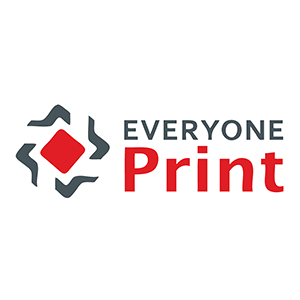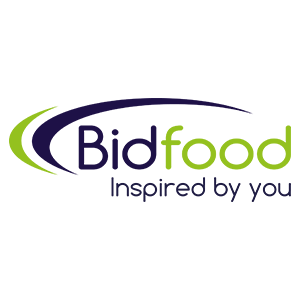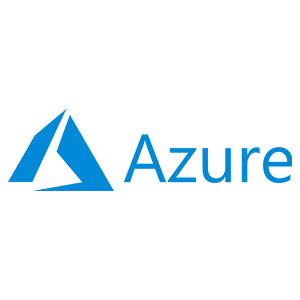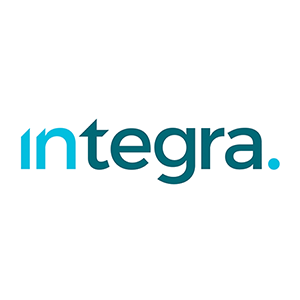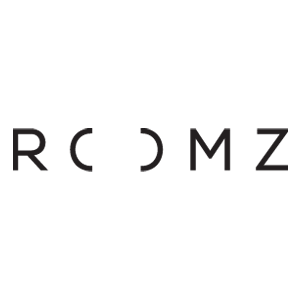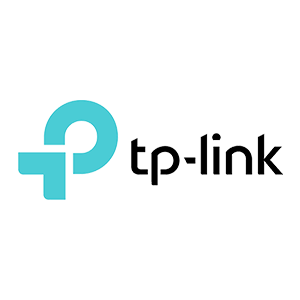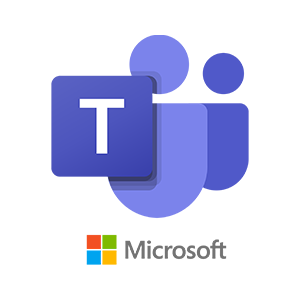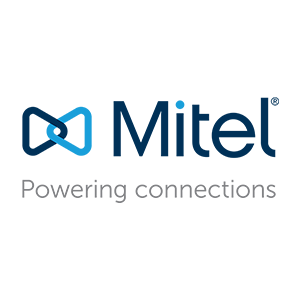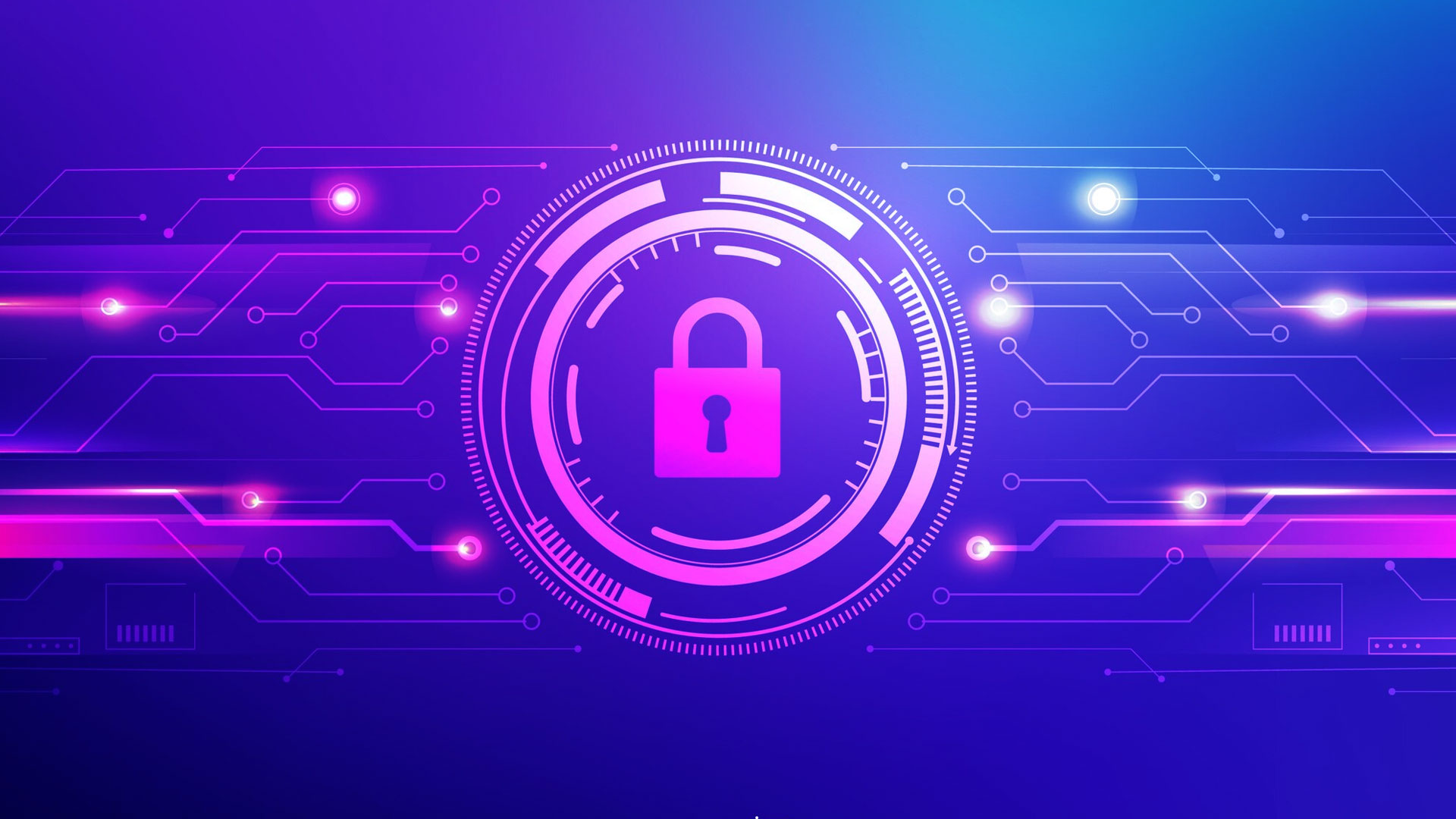
Cyber Security
Protect your business against cyber attacks
Cyber Security
What is cyber security?
Cyber security is how individuals and organisations reduce the risk of becoming victims of cyber attack.
Cyber security’s core function is to protect the devices we all use (smartphones, laptops, tablets, and computers), and the services we access – both online and at work – from theft or damage. It’s also about preventing unauthorised access to the vast amounts of personal information we store on these devices, and online.
Cyber security is important because smartphones, computers, and the internet are now such a fundamental part of modern life, that it’s difficult to imagine how we’d function without them. From online banking and shopping, to email and social media, it’s more important than ever to take steps that can prevent cyber criminals getting hold of our accounts, data, and devices.
Cyber attacks can significantly impact a business, whatever the size or sector. Organisations should plan for cyber incidents as part of general risk planning.

How To Protect Your SMB
10 Cyber Security Tips for Small Business
Broadband and information technology are powerful factors in small businesses reaching new markets and increasing productivity and efficiency. However, businesses need a cybersecurity strategy to protect their own business, their customers, and their data from growing cybersecurity threats.
1. Train employees in security principles
Establish basic security practices and policies for employees, such as requiring strong passwords, and establish appropriate Internet use guidelines that detail penalties for violating company cybersecurity policies. Establish rules of behavior describing how to handle and protect customer information and other vital data.
2. Protect information, computers, and networks from cyber attacks
Keep clean machines: having the latest security software, web browser, and operating system is the best defense against viruses, malware, and other online threats. Set antivirus software to run a scan after each update. Install other key software updates as soon as they are available.
3. Provide firewall security for your Internet connection
A firewall is a set of related programs that prevent outsiders from accessing data on a private network. Make sure the operating system’s firewall is enabled or install free firewall software available online. If employees work from home, ensure that their home system(s) are protected by a firewall.
4. Create a mobile device action plan
Mobile devices can create significant security and management challenges, especially if they hold confidential information or can access the corporate network. Require users to password-protect their devices, encrypt their data, and install security apps to prevent criminals from stealing information while the phone is on public networks. Be sure to set reporting procedures for lost or stolen equipment.
5. Make backup copies of important business data and information
Regularly backup the data on all computers. Critical data includes word processing documents, electronic spreadsheets, databases, financial files, human resources files, and accounts receivable/payable files. Backup data automatically if possible, or at least weekly, and store the copies either offsite or in the cloud.
6. Control physical access to your computers and create user accounts for each employee
Prevent access or use of business computers by unauthorized individuals. Laptops can be particularly easy targets for theft or can be lost, so lock them up when unattended. Make sure a separate user account is created for each employee and requires strong passwords. Administrative privileges should only be given to trusted IT staff and key personnel.
7. Secure your Wi-Fi networks
If you have a Wi-Fi network for your workplace, make sure it is secure, encrypted, and hidden. To hide your Wi-Fi network, set up your wireless access point or router, so it does not broadcast the network name, known as the Service Set Identifier (SSID). Password protects access to the router.
8. Employ best practices on payment cards
Work with banks or processors to ensure the most trusted and validated tools and anti-fraud services are being used. You may also have additional security obligations under agreements with your bank or processor. Isolate payment systems from other, less secure programs and don’t use the same computer to process payments and surf the Internet.
9. Limit employee access to data and information, limit authority to install software
Do not provide any one employee with access to all data systems. Employees should only be given access to the specific data systems that they need for their jobs, and should not be able to install any software without permission.
10. Passwords and authentication
Require employees to use unique passwords and change passwords every three months. Consider implementing multi-factor authentication that requires additional information beyond a password to gain entry. Check with your vendors that handle sensitive data, especially financial institutions, to see if they offer multi-factor authentication for your account.

GET SOLUTIONS FAST!
Talk to the team at UCS to see how we can help
Planning for an incident doesn’t have to be daunting, speak to our team and we will help your organisation understand the risk and build an effective response plan.
Trusted by Our Suppliers
As a preferred partner to the world’s leading companies, we marry our expertise with the best technology there is to provide the most appropriate solution for your business.
Our higher-level accreditations recognise our superior service levels and our proven ability to understand which technology will deliver the very best results for our clients.
In turn, we receive their highest levels of commercial and technical support – benefits that we pass on to our clients.
Global Reach – EMEA, APAC, AMER
Fully Agnostic Workplace Technology Partner
Sustainable Technology and Services







